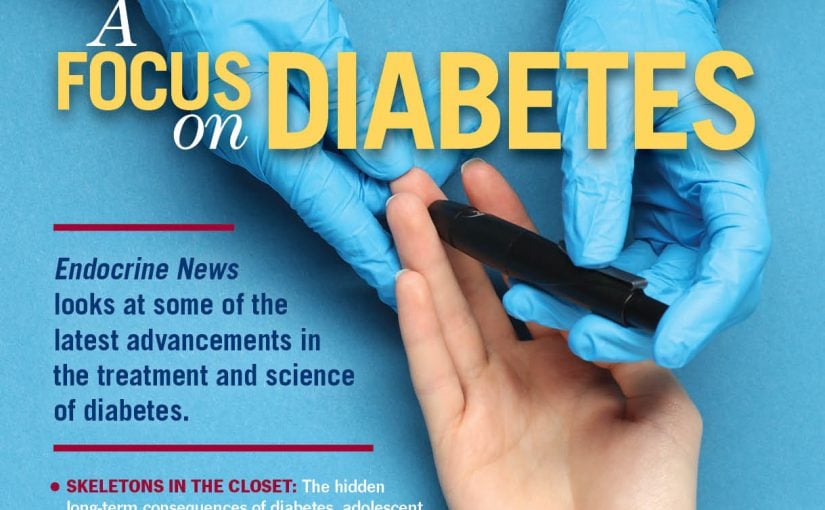The Organisation for Economic Cooperation and Development (OECD) is an intergovernmental economic organization comprising 37 member countries.
Among its activities, the OECD is engaged in international efforts to control endocrine-disrupting chemicals (EDCs). Specific initiatives include the development of harmonized assays, methods, and approaches for use by member countries for assessing and regulating EDCs. For several years the Endocrine Society, under the guidance of our OECD Task Force, has contributed to OECD meetings and other activities related to chemical, detection, testing and assessment of EDCs.
In 2020, even with the challenges created by the pandemic, Endocrine Society members remained highly active in OECD global efforts by contributing to online meetings for the Advisory Group on Endocrine Disruptors Testing and Assessment, the Validation Management Group for Ecological Assessment, the Extended Advisory Group on Molecular Screening and Toxicogenomics, and the Integrated Approaches to Testing and Assessment (IATA) Case Studies Project. Society members also contributed to the scientific review and revisions of OECD’s Detailed Review Paper on the Retinoid System.
Our participation in these activities help ensure that international efforts to control EDCs include scientists with expertise in hormonal systems and biology. Through our participation in these meetings, we have weighed in on OECD’s efforts to develop and implement new and alternative methods (NAMs) to animal testing. We also provided guidance on how to improve new efforts to screen and assess EDCs, including Adverse Outcome Pathways and IATAs, to ensure that these approaches can accurately and effectively identify harmful EDCs.
The Endocrine Society’s OECD Task Force under the leadership of Scott Belcher, PhD, will continue to engage with OECD and other partner organizations on chemical safety activities in 2021 with a focus on understanding how approaches can be optimized for use in detecting EDCs. The OECD Task Force will also collaborate with other Society EDC Task Forces to advance new scientific tools and projects, such as the Key Characteristics of EDCs, that will help regulators make faster and more health-protective decisions.

